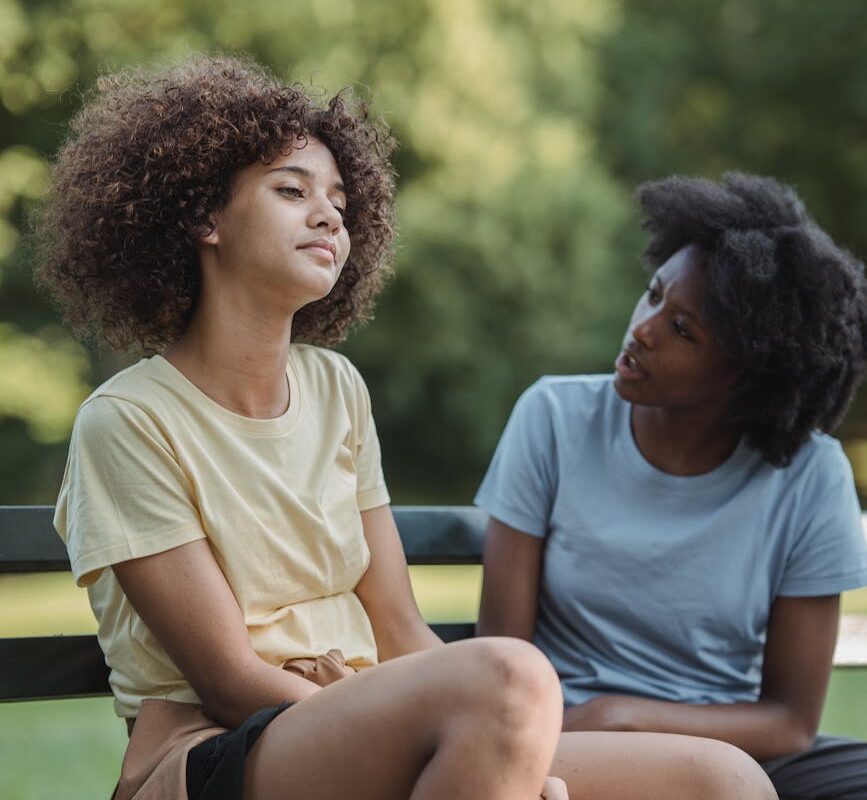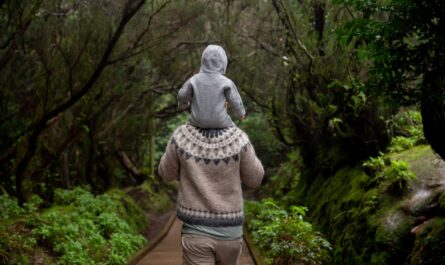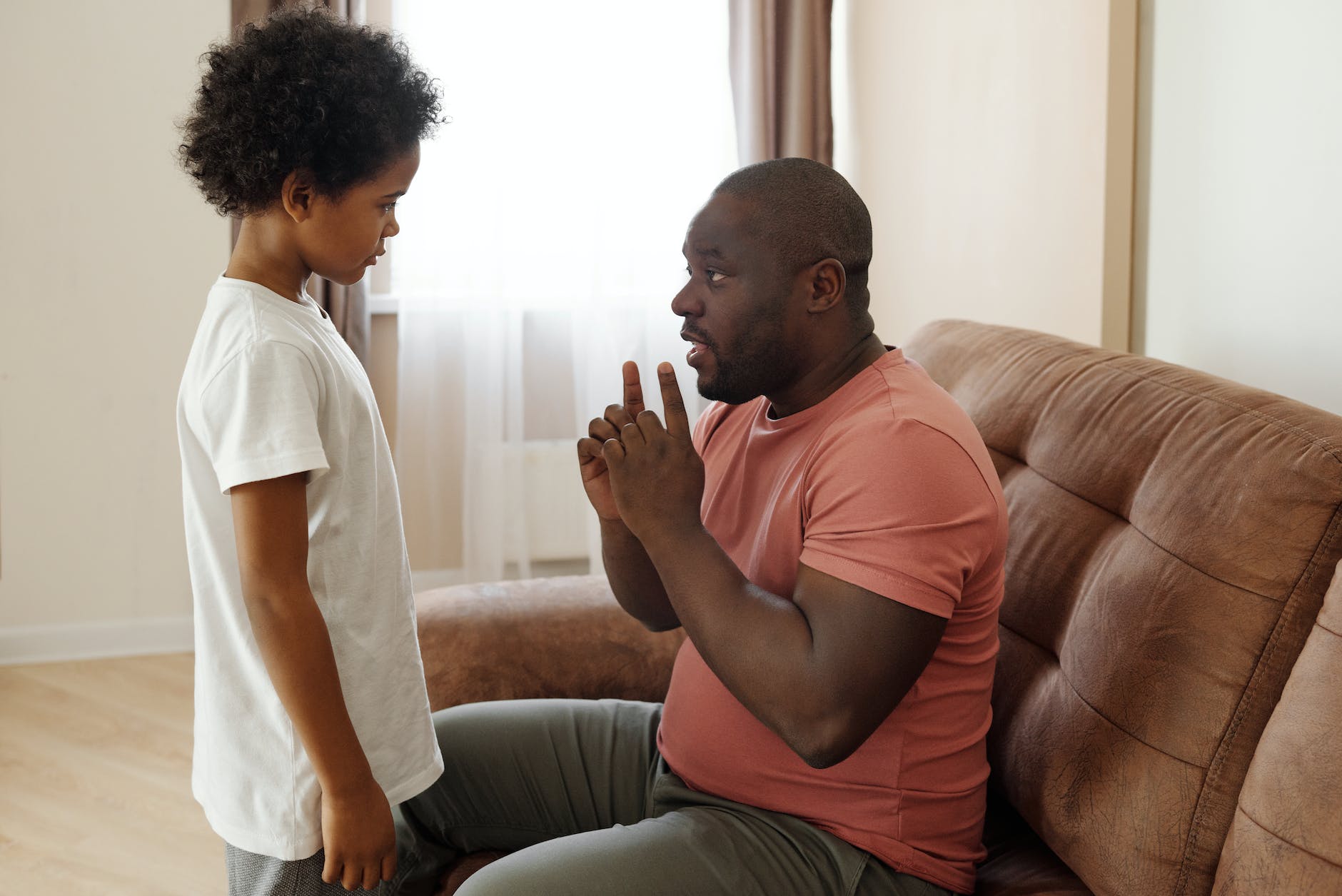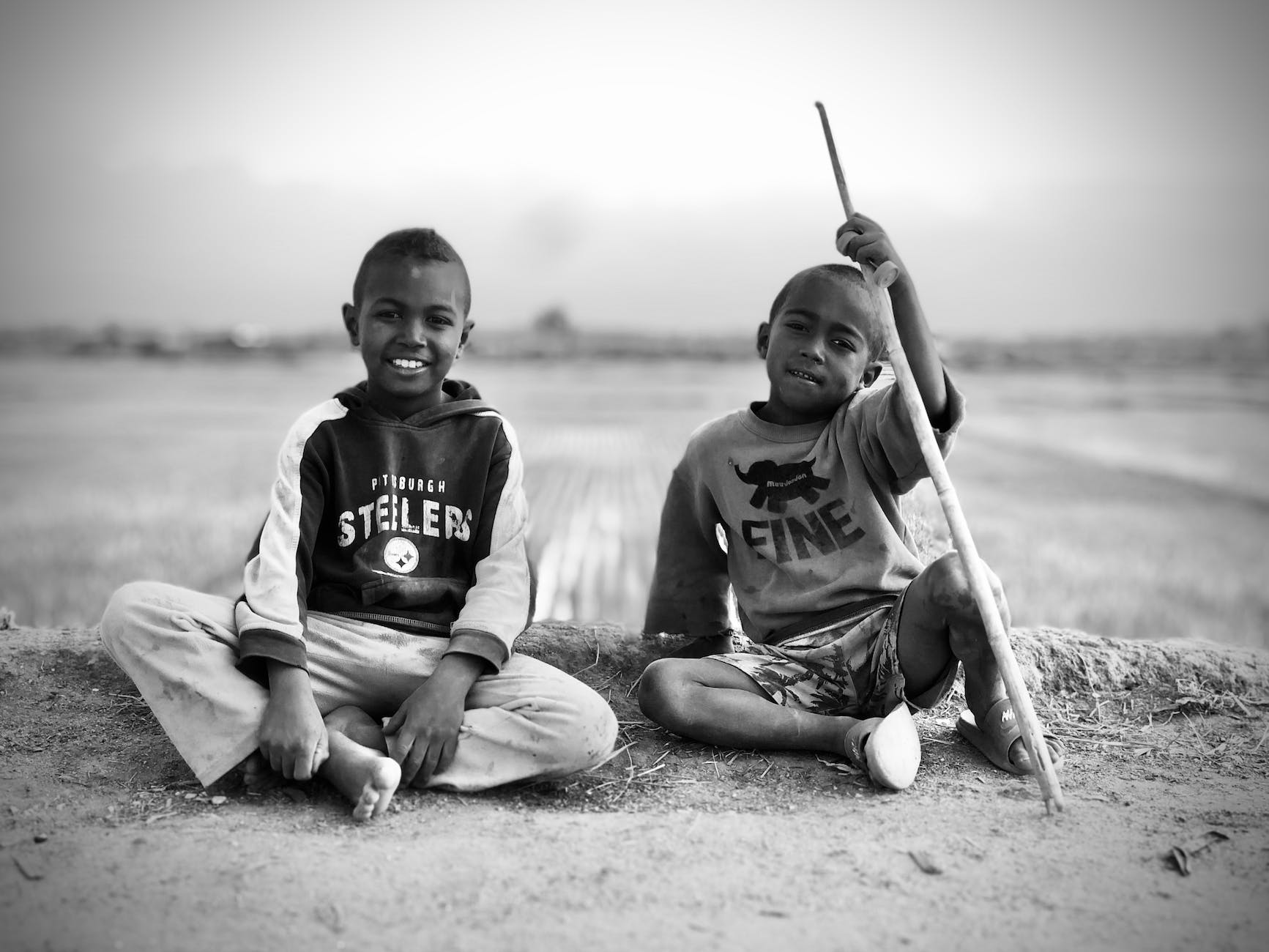By Winnie Ngahu
I woke up the other morning with a sinking feeling in my stomach at the thought that perhaps I was completely clueless at this parenting thing. THREE whole people rely on me to know enough to help them figure out their lives yet I don’t feel convinced I have figured mine out yet.
It’s been a running commentary of unspoken thoughts since that morning — does my husband and I know what we are doing? Are we doing enough of it? Are we doing it consistently?
So I decided to take a crack at this fear, and so far, I have come up with one theory — Nobody tells you that when you have a child, you will need to make space for them. We get pregnant and start house hunting for a bigger house because that cozy one bedroom will not do anymore. But, no one tells us to make space for the child. At least no one says it out loud.
We instinctively recognise the limited physical space and move to a bigger house, recognise the increased needs and hire help or get a cousin from shags to help us out for some time. We do these things because the physical needs that necessitate the actions are glaring and can not be ignored. The baby hits a growth spurt, and we buy bigger clothes. The baby hits six months, and we wean them. The baby turns two, and we start to prepare them for school, and we start to align our budgets for the same. Interestingly, these milestones and changes inspire those around us to offer advice, but… this is where it ends.
If the baby throws a tantrum in public, people give you a wide berth and stare with piercing gazes because how is it that you do not know how to restrain your child? She turns five and gets sassy. Everyone can hear her, but no one dares point it out; it doesn’t matter that you are a sweet person who is open to rebuke and advice. He turns 13, starts to spring instead of walk, pushes out his small masculine shoulders and starts to challenge all forms of authority in an attempt to establish dominance. But society stays mum and lets the parent figure it out instinctively.
Parenting is supposed to be instinctive; phrases like motherly instinct have been used to support my case. Has anyone ever told you how to be a successful dad? Volunteered it? We could argue the same about many aspects of adulting, and perhaps these things need to change but today the focus is on parenting.
Isn’t it scary that the only license to raising a child one gets is having one? Even marriage has more licensing and communal goodwill than parenting. Two people stand in front of a congregation and the clergy asks if anyone knows any legal reason why they should not be joined in matrimony (invoking communal responsibility over their individual decision to get married). This is followed by the statement “Marriage is a covenant. It is not to be entered into lightly” and the couple is asked if they each know of any reason why they should not be united in marriage (invoking personal accountability in front of their chosen community).
For traditional/cultural marriages, a man visits the bride’s home, stands in front of her relatives and village mates and answers the question — What are you seeking in this home? And without flinching or hesitation, he acknowledges the great of focus of this moment – his wife to be. The lady is asked to publicly declare if she knows the said man and then when all is said and done she is handed over to the man and his family… never to a single person but to a community. If a marriage starts to show cracks, people show up and establish ‘Kangaroo courts’, send a friend to call out what is not working, refer them to a pastor or for counselling, among other interventions.
If parenting is failing on the other hand what avenues do we have, what is our recourse? I have heard of parents who at their wits end have taken their teenage children to the police station to be taught a lesson. Do you know how lost and desperate one must feel to consider this an option? That the child whose needs you always instinctively knew how to meet is now beyond your reproach?
I know I paint a dire picture. Perhaps it really isn’t that bad. Perhaps instinct has worked relatively well for most of us but some of us need more than instinct to parent successfully.
So where do we go from here?
First, accept that it is okay if you are feeling ill equipped for this job because you are ill equipped.
Second, recognise that instinct alone is insufficient and get equipped. “A wise man is full of strength, and a man of knowledge enhances his might, for by wise guidance you can wage your war, and in abundance of counsellors there is victory”. Proverbs 24:5-6
– Read, read, read! Start with the Bible so that it can anchor your soul and vision on the most loving parent — our heavenly Father with whom there is no shadow or turning of light, who changes not and who exemplifies the heart of a parent while parenting us.
– Engage with parenting books, and there are many options for all seasons.
One of the books that made it to my treasure troves is “What to Expect When you are Expecting” by Heidi Murkoff. I was completely clueless on pregnancy and new-born care and this book demystified so much.
Another favourite is ‘Parenting’ by Paul David Tripp, which has informed the way I engage with the children as a child of God.
My current read (in the face of teenagers) is ‘Eggs, Hammers and Chilli Peppers’ by Sharon Munyiri. This was very useful when the hormonal imbalance in our house started to teeter dangerously on the edge.
– Seek counsel from godly people, from people whose parenting styles you admire, from peers who are struggling with similar experiences and from loved ones. Receive criticism and feedback with an open mind; adopt a growth mind-set, as the world will tell you. Gather a community of like-minded parents around you and milk this resource.
– Lastly; breathe, because in spite of and despite your limited parenting skills, God is good and faithful. Always. He rescues us when we hold fast to him. Pray consistently and over all matters. God will come to your rescue; you and your child.
Winnie Ngahu is a Christian and counseling psychologist who practices and lives in Nairobi with her husband and three children. She is dedicated to understanding teenagers and young adults and how they relate with the world. ‘They are open, eager, curious and fearless; imagine the endless possibilities of who they could grow into if offered patient guidance and mentorship’.



